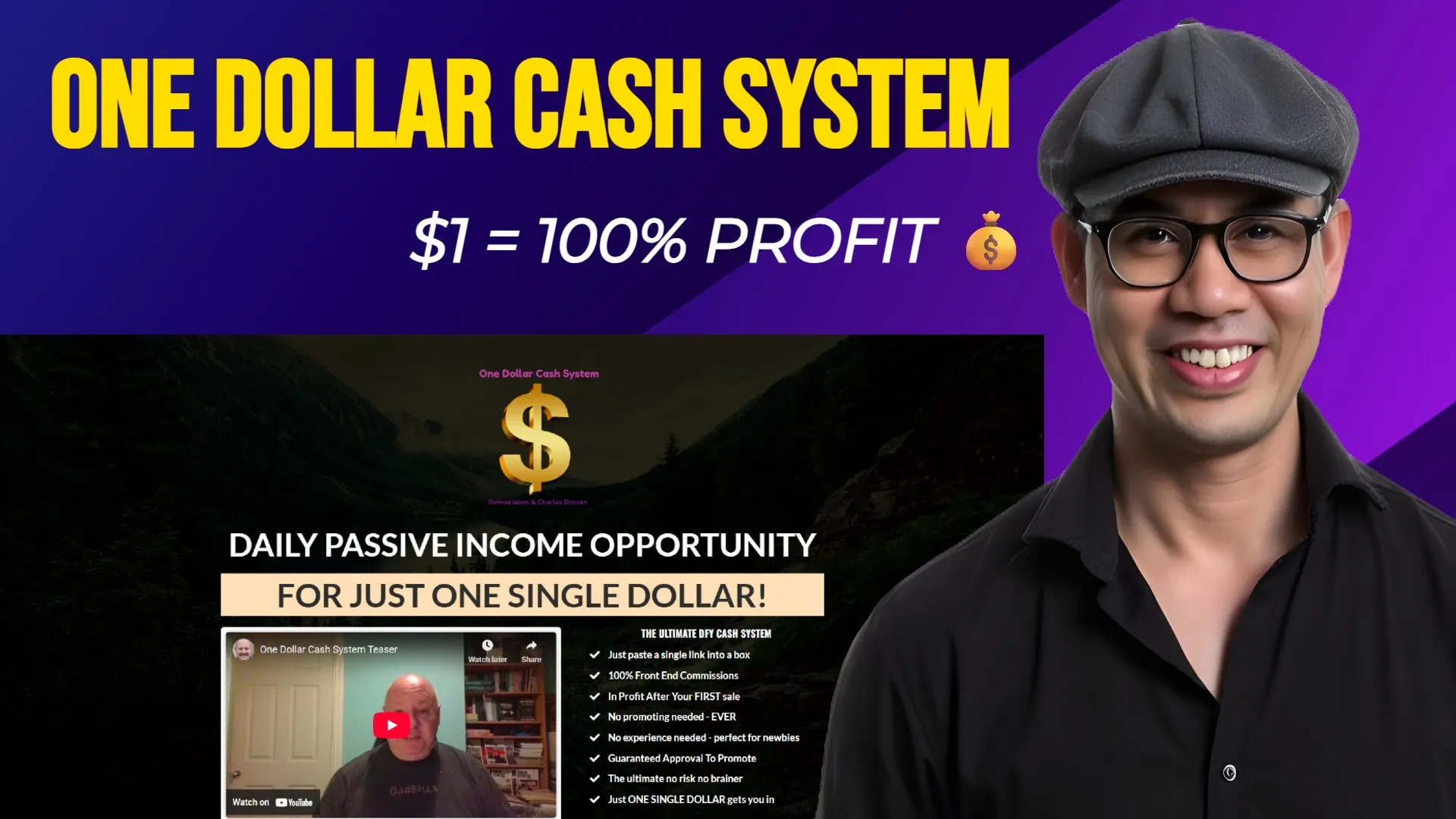3 Things to Do Before Approaching Potential Lenders
Here's how you can invest in real estate even if you have no money. Here are some tips that I learned from Robert Kiyosaki.

While stocks are the first thing to come to mind when you hear someone talking about investing, it has come to light in recent years that real estate investing can actually be a much smarter and more lucrative investment in the long run. The problem is, stocks can easily be bought and sold for a much lower cost than that of buying a property (obviously). So how could someone with no savings possibly start investing in real estate? Surprisingly enough, it’s easier than you think.
The key is to use what many call “OPM” or “other people’s money”.
What is “other people’s money’? Well, it’s exactly what it sounds like. When most people think of loans, they think of banks and mortgage lenders. Of course, you will most likely need to still utilize a bank loan to pay your mortgage, but where are you supposed to find the capital to get your down payment?
There are tons of people with plenty of money looking for good, quality investments they know they will get a return on. What if you were able to offer them that investment, and they would loan you the initial capital to make that investment happen?
While this may sound far-fetched it’s actually completely plausible. But before you approach potential investors- whether those are people you know personally or professionally- you will need to prepare yourself by getting educated about your deal and about real estate investing in general.
I'll explorer these top three tips that I learned from Robert Kiyosaki:
1. Know your numbers
No one is going to be interested in loaning you capital if you don’t seem like you’ve educated yourself on the numbers side of your deal. Aside from knowing your mortgage payments, here’s a few other things you need to make sure you’ve calculated before approaching an investor:
Taxes
-Make sure you know exactly how much you’ll be paying in property tax per year
Vacancies & Evictions
-Calculate how much it will cost you (and your investor) in the unfortunate event you are unable to rent your property or must evict a tenant
Maintenance
-Know how much to expect in general maintenance costs, from cleaning to repairs
Updates
-Have an idea of how much improvements and updates to your property will close
2. Understand the Difference Between Assets and Liabilities
Before trying to find an investor, make sure you have a firm grasp on what is an asset and what is a liability.
Asset:
- An asset is something that generates a positive cash flow
Liability:
-A liability is something that takes money out of your pocket. This means that contrary to popular belief, your personal residence is not considered an asset, because even if you have completely paid out off your mortgage, you are still paying the other costs associated with living there. A rental property, however, would be considered an asset.
3. Apply Your Practices to Real Life: Try out Deals
Take a look at some of the properties in your area for sale. Find one that you like, and would genuinely consider buying (even if you don’t have an investor yet). This makes it seem more real.
Crunch the numbers like we talked about in step one. Figure out how much a down payment would be, roughly how much you’d be paying each month in a mortgage (your loan interest percentage will vary on the amount of capital you put down, but most banks have a fixed-price amount of 3.5%, so feel free to use that number when making your calculations). Many realty websites such as Zillow will even do this for you when browsing their available properties.
Next, go through and figure out how much you will be paying for all the things we discussed earlier: property taxes, maintenance, updates, etc. Once you have a solid number, take a look on if it’s a good deal or not. Questions to ask yourself would be: how much will I be charging in rent? Is it enough to pay the mortgage plus other costs? How much profit will I be making?
If you realize you won’t be making any profit on your deal, then it’s not a deal you or an investor is going to want to make. Remember, investors want to make deals that will make them money. And of course, you want to be making money as well. If you both won’t be making money, it won’t be worth it.
Part of doing this is deciding how much to charge tenants for rent. You must come up with a reasonable amount based on location, the age and quality of the house, the size of the house, and any improvements or updates you want to do. If you try to charge an exorbitant amount of rent on a shabby house in a less-than-prime location, you will have a hard time finding tenants and may end up with an empty property, which then becomes a liability for you.
Of course, this isn’t all you will need to do before looking for investors, but this is a good start if you are hoping to start investing in real estate but don’t have the capital to do so. So, before approaching someone you hope will invest in your fledgling business, make sure that you’ve gone over these three steps and thoroughly done your research to heighten your chances of success. Happy house hunting!








